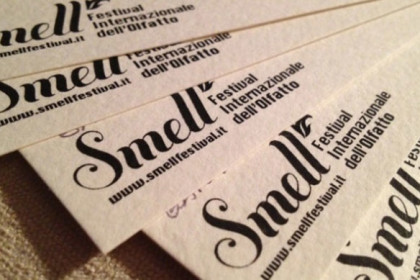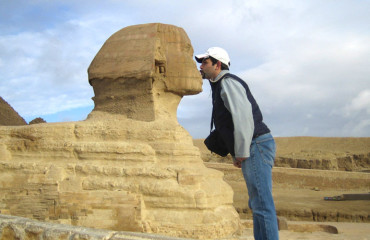
Balzac, Baudelaire, Calvino, D’Annunzio, Flaubert, Gadda, Wilde, but above all Proust and Süskind… great is the literary fortune of olfactory memories, powerful time machines able to bring us back to the past in a matter of a moment: the smells have the power to activate episodic memory, the one that holds all the events of our lives in the long term to ensure the identity and continuity of the self, preserving our personal history.
In the last decades, even science – generally more focused on other senses – has begun to deal with this unique ability of smell, which also acts in the sense synesthetic recalling emotions and images. The olfactory memory is remarkable as persistence, hedonic tone, bond with the perceptual context, tends to impose itself beyond our voluntary attention. While dissolves visual and verbal memories, the passage of time does not seem to affect olfactory stimuli, although these are often stored in an accidental way. A memory associated with a perfume can, in turn, activate the brain regions sensitive to odors.
The Smell Festival, 2013, in Bologna, has proposed an interesting experiment that has given the official collaboration between Gianni Brighetti, Professor of Psychology at the University of Bologna, and Giuseppe Imprezzabile, or Meo Fusciuni Parfum, in a research project on olfaction, unconscious and memory.
The “Odd Couple” formed by an artist and a scientist of the perfume was founded by the second one: the fact research was initiated by the connection between a course on the philosophy of memory held by Brighetti and a research report between the professor and the Department of Industrial Chemistry. The will is to confirm the suggestions of individuals (including those arising from the experiment to Smell Festival) with neural and physiological bases tested, demonstrating the principle almost paradoxical that olfactory memories are nationalized, locked in our brains and capable of evoking situations of our past.
Meo Fusciuni received the challenging task of creating the “fragrance of life”, which he divided into seven “olfactory moments”, blocks of odors and perfumes in charge of triggering memories of past experiences. Thus, the large audience present at the event were dealt seven mouillettes soaked in seven different scents and a questionnaire. After carefully smell, each participant had to describe the feelings.
Waiting for the results and further developments of the project, it will be no surprise to know that some answers read aloud at the end of the experiment have shown childhood as privileged territory of memories.
For more curiosity, and bibliography information on the relationship between smell and memory: www.rescogitans.it
 English
English  Italiano
Italiano 

